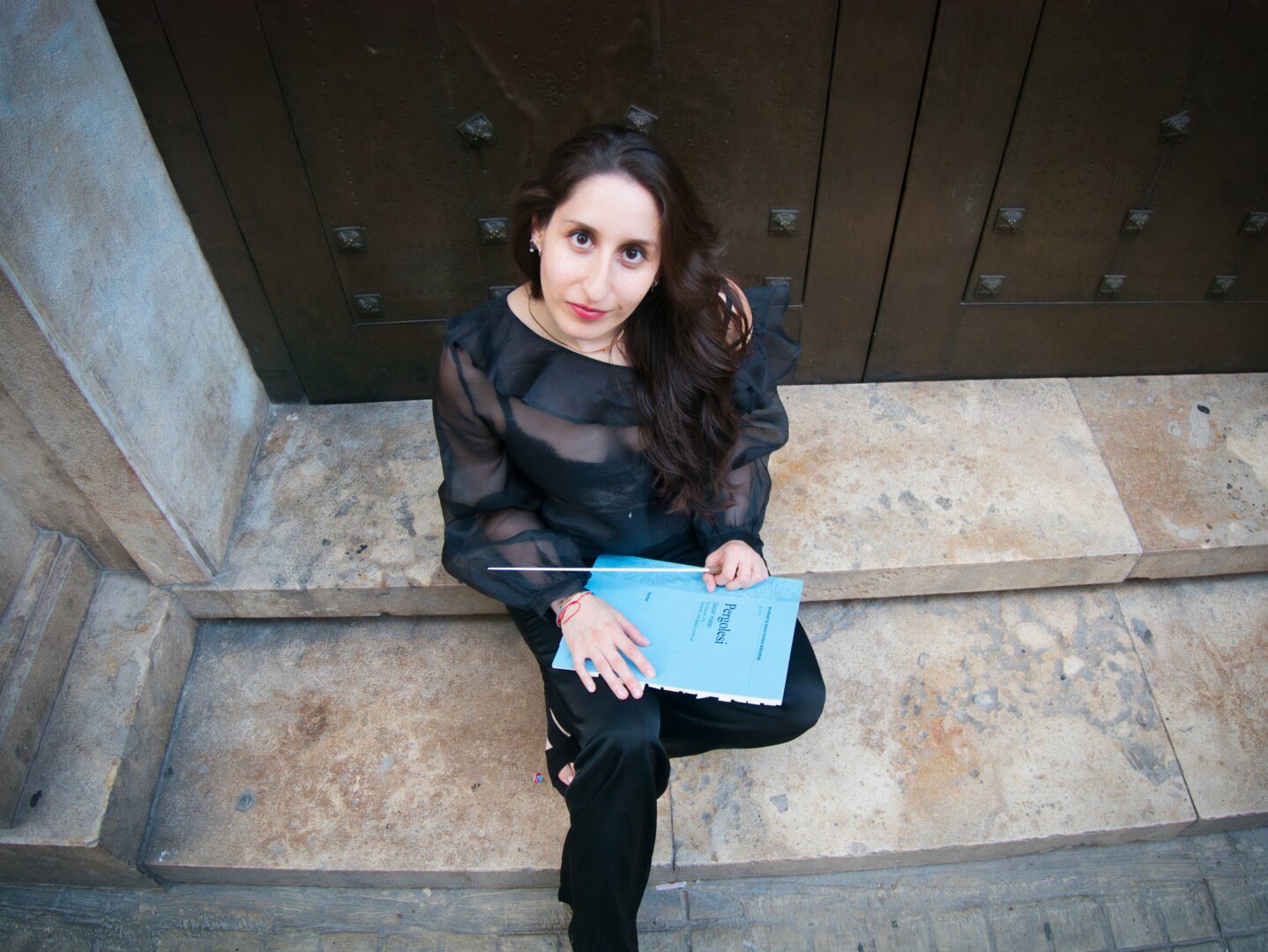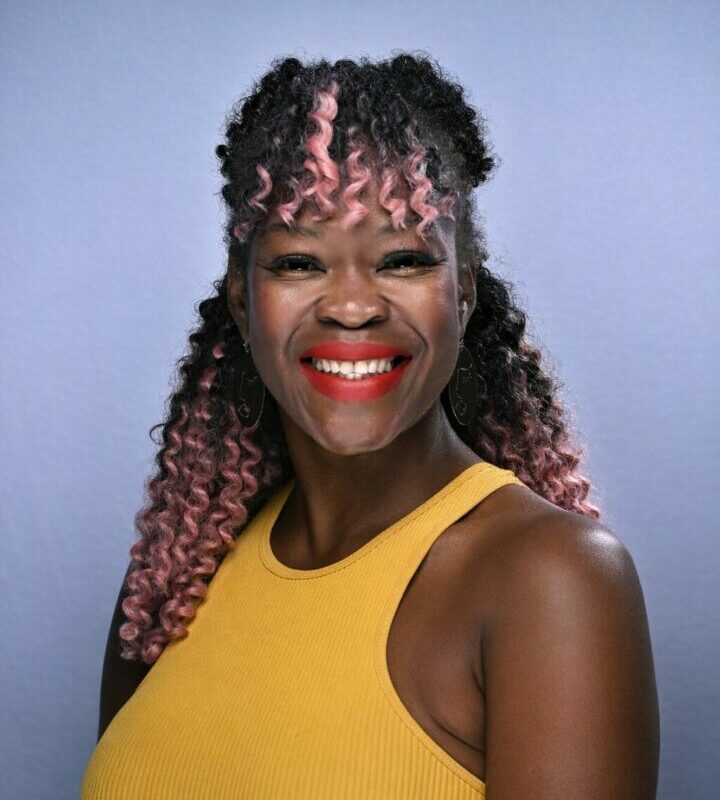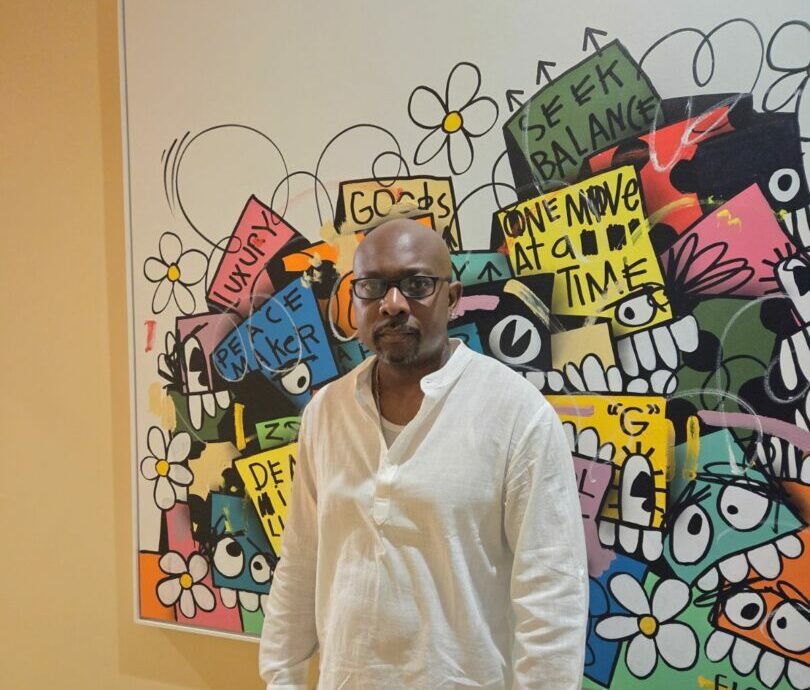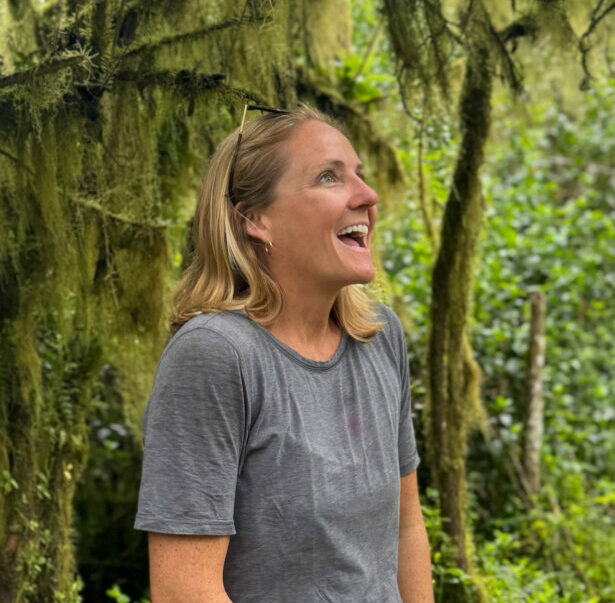We’re excited to introduce you to the always interesting and insightful Alfonsina Torrealba. We hope you’ll enjoy our conversation with Alfonsina below.
Alfonsina, we are so happy that our community is going to have a chance to learn more about you, your story and hopefully even take in some of the lessons you’ve learned along the way. Let’s start with self-care – what do you do for self-care and has it had any impact on your effectiveness?
Regarding self-care in musicians – and certainly in many other creative trades – there is a lot of work to be done and things that we must take into account. For us, over-demand study injuries are very common, and only a few years ago is something that has begun to be taken seriously. In my particular case, exercising has been key to protecting my body from shoulder, arm and back injuries, and 30 minutes of daily restorative yoga have made a big difference! Studying and practicing the profession with pain is a very common thing that – At last! – we are managing to get out of the tradition of being a musician. I also try to give high priority to my sleep hours (this is another problem of people working in the show business, we have unusual schedules), trying to meet a minimum amount of time each night, what has allowed me to have much more productive and motivating mornings especially when it comes to use my creativity both to study the score as to find solutions to musical problems. Finally – and whenever possible – a 15-minute nap can be really beneficial if you have a long day of work ahead.
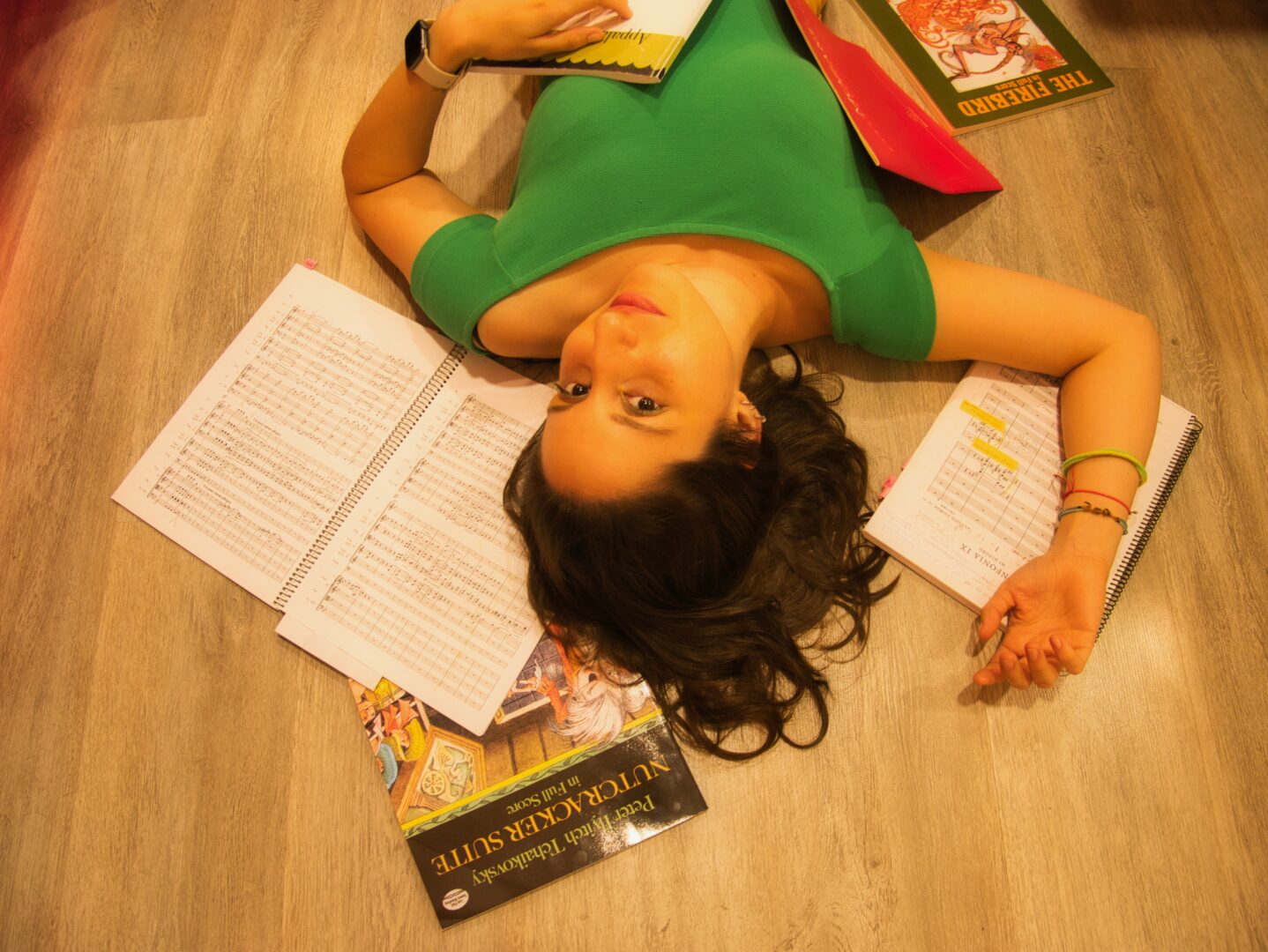
Let’s take a small detour – maybe you can share a bit about yourself before we dive back into some of the other questions we had for you?
I am an orchestral and choral conductor, but above all I am a musician with the mission of getting music everywhere. It can be through conducting, teaching or as a performer, singing or playing the flute, conducting the choir of some hidden village. Currently my closest place of action are the young orchestras with musicians who are starting their professional career, not only from the musical direction but as a project manager, trying to value their incredible work and effort, Performing concerts in places where classical and symphonic music is not common. Also, doing online classes to people from literally all continents, especially helping people who cannot access a music school because they have difficult schedules to match, are working mothers or students with many activities.
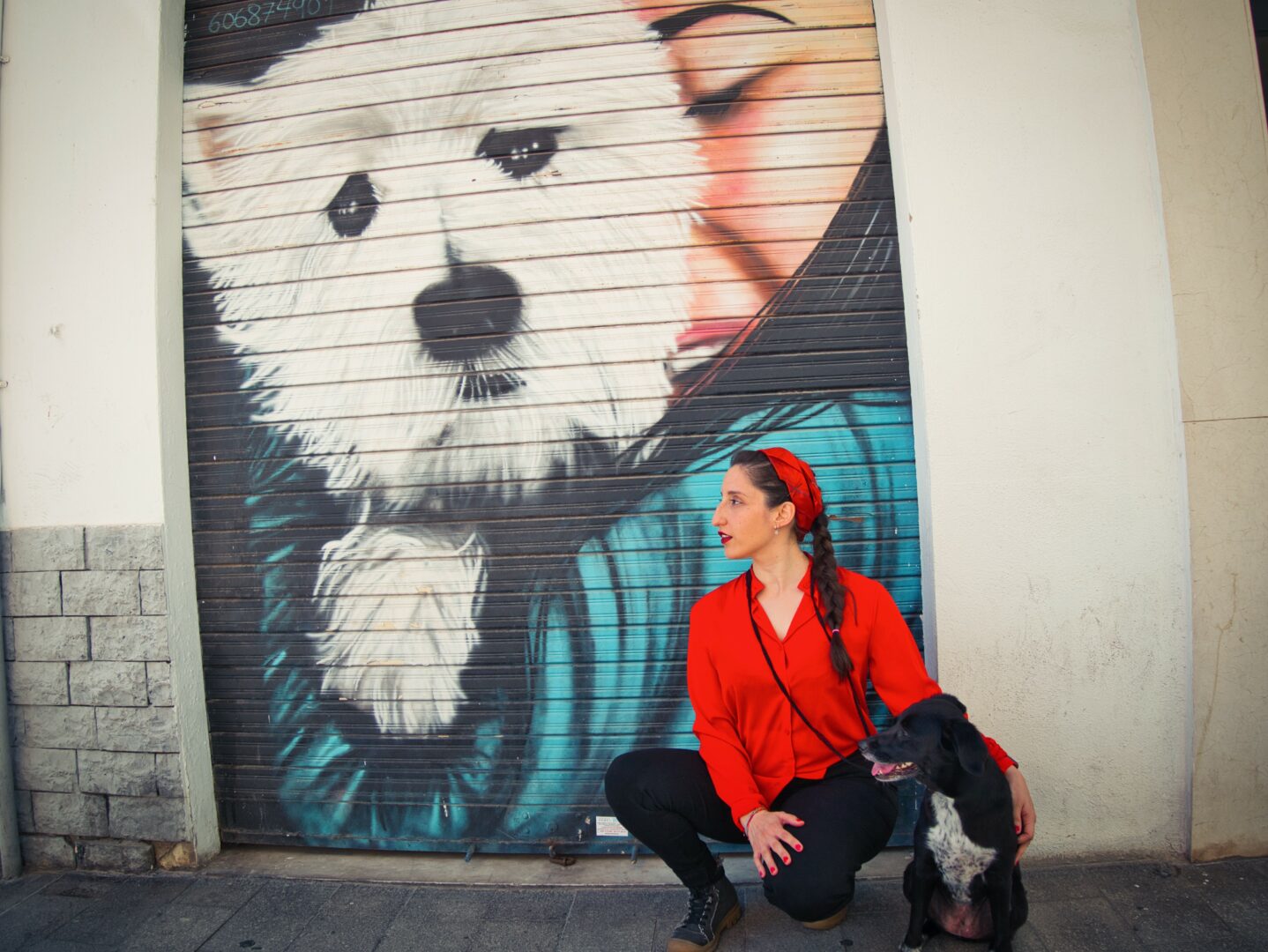
Looking back, what do you think were the three qualities, skills, or areas of knowledge that were most impactful in your journey? What advice do you have for folks who are early in their journey in terms of how they can best develop or improve on these?
No doubt my early interest in the hard sciences (physics and mathematics) gave me two very useful things for everything that came next: first, an almost unbearable curiosity to want to know and understand many things, how the world works and what surrounds me. The principle of a good scientist, and at the same time a developing artist, has always been curiosity. I think that innate curiosity is fundamental for a conductor, why these notes, this harmony? What does the composer want to convey in the score? Could we make this same music, at another speed and express us the same? What does the orchestra need from me to help bring together the criteria of this symphony?. Having a deep understanding of the score makes a big difference between a novice conductor and a professional conductor. The second, is the so-called “scientific rigor”, which is very homologous to its companion the “musician’s discipline”, where method, constancy and repetition are fundamental aspects to be able to advance and grow in the profession. To give a simple example, a single vocalization exercise in a singing class involves repeating the same scale scheme at least 20 times, and what do you do next? You add a little extra challenge to the exercise, and do it again 20 times!… did it go wrong? No problem, we start again from the beginning!… My advice to people who are starting the journey, not to turn their backs on other areas of knowledge, even those that social prejudice tells us “are far away from us”. You can discover things very useful for your own path. Finally, if you are developing in a musical career, I can’t help but advise you to get into the singing world as soon as possible. Singing the songs you like, joining a choir, practicing from the beginning the solfège, imitating your favorite artists: it will make you accelerate drastically in your musical path. In my case, I was lucky enough to come up with perfect pitch which helped me a lot along the way, however, what consolidated my understanding of music was my ability to “sing” what I wanted to hear, how I wanted to interpret something. It is very valuable and not given the importance it deserves.
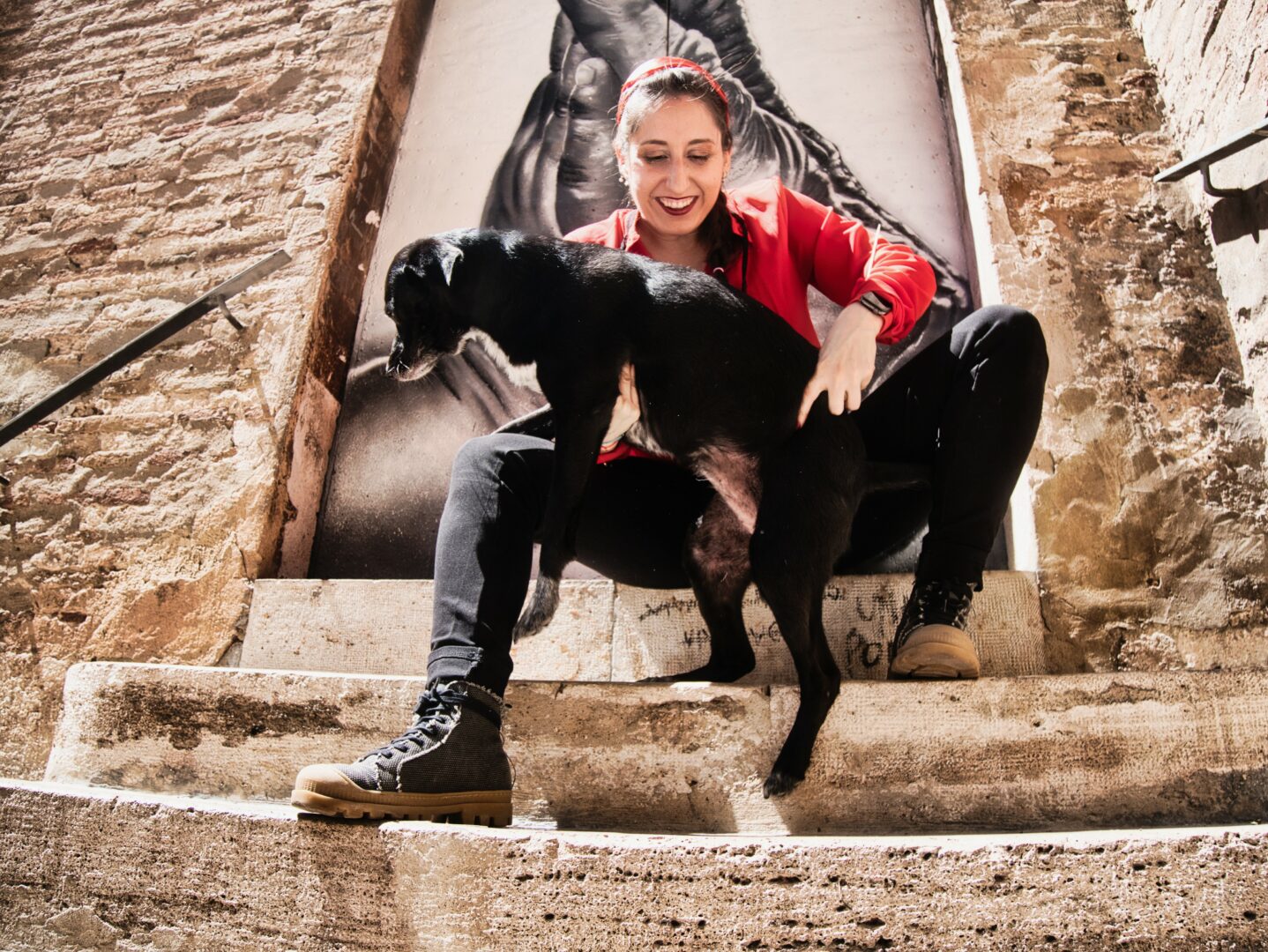
Thanks so much for sharing all these insights with us today. Before we go, is there a book that’s played in important role in your development?
In the case of my musical path, the book that I highlight is “Zen, the art of Archery”, written by philosophy professor Eugen Herrige. He tells us about his trip to Japan to study precisely this art. It tells us about the process of learning this discipline, which transcends the technical, the external, even the “conscious”. In his own words “If you really want to be
Master in an art, his technical knowledge is not enough; it is necessary to transcend the apparatus of technique, so that art becomes a “art without artifice”, arising from the Unconscious. In the particular case of archery, when one hits the mark and the target itself, they cease to be two antagonistic objects and become a single, unique reality”. It seems to me the perfect analogy for the craft of musical arts and in particular orchestral conducting.
Contact Info:
- Website: https://www.alfonsinatorrealba.com
- Instagram: https://www.instagram.com/alfonsina.torrealba/
- Facebook: https://www.facebook.com/raton.cosmico
- Linkedin: https://www.linkedin.com/in/alfonsina-torrealba-conductor/
- Youtube: https://www.youtube.com/channel/UCaG9yFblVBx0dH4t6fuCZDg
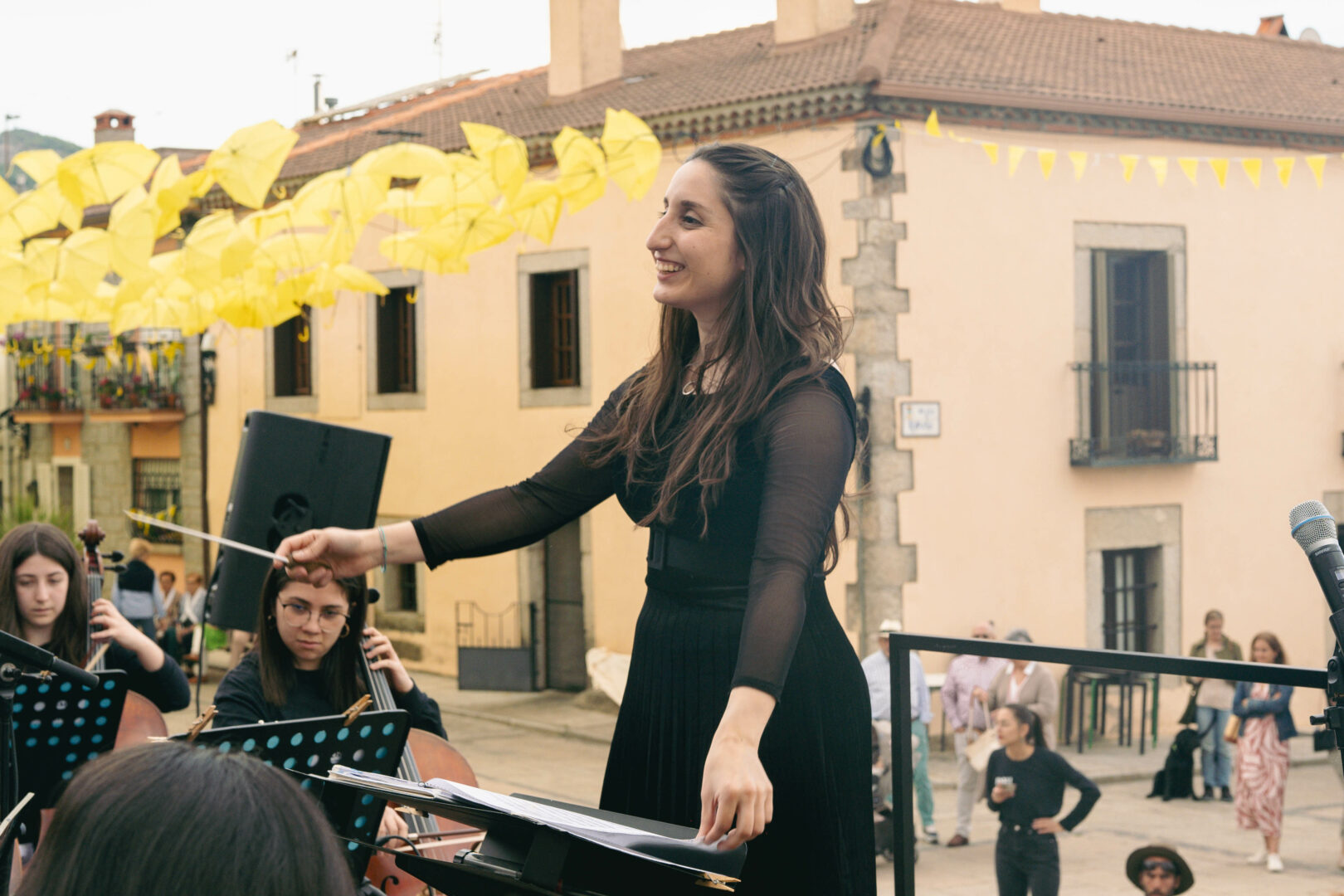
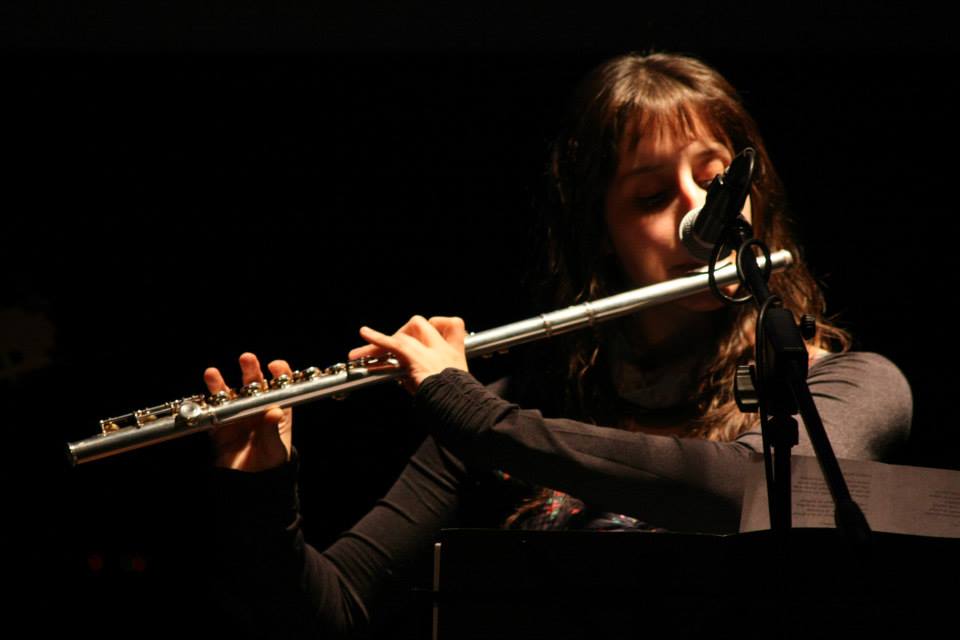
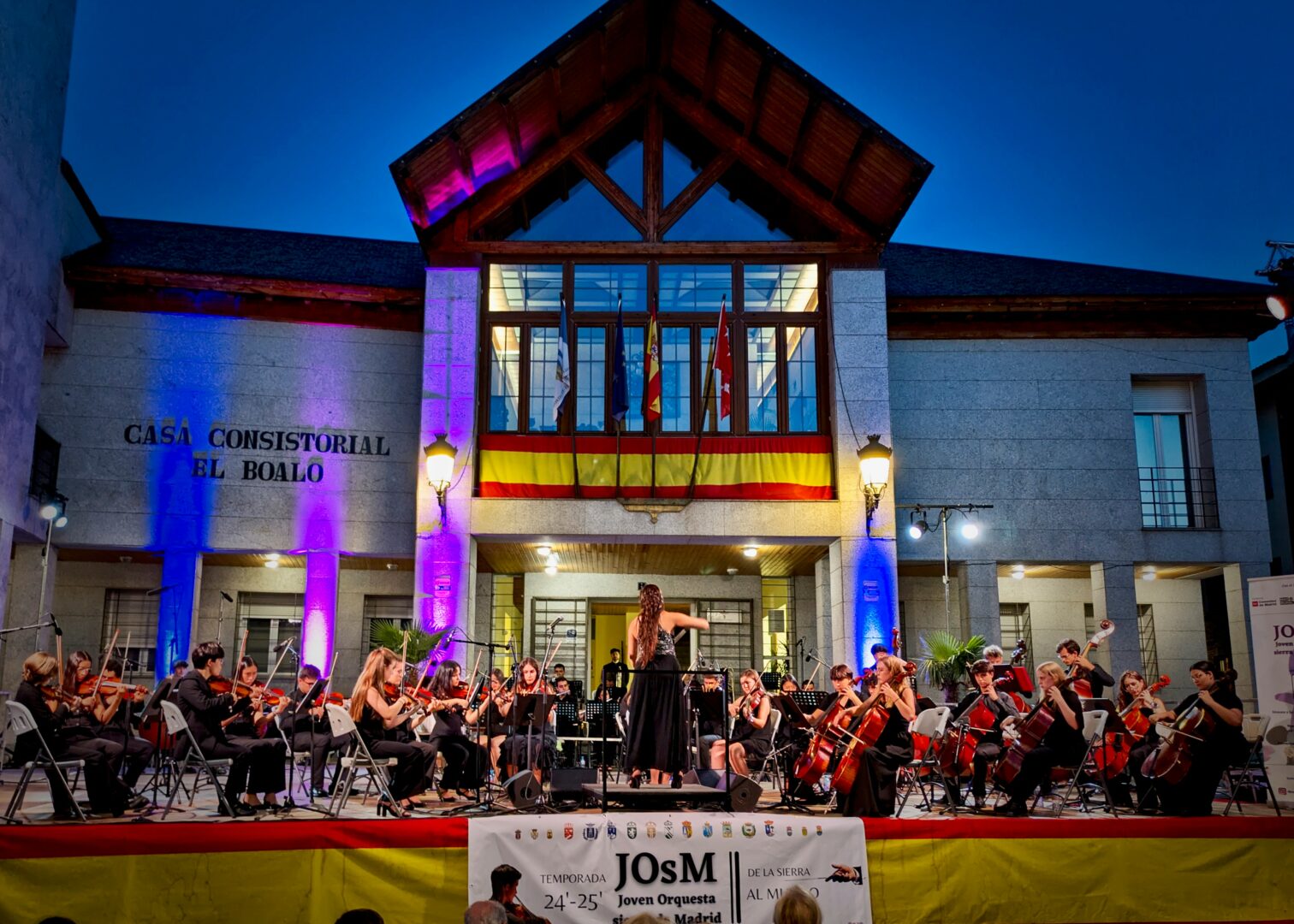
Image Credits
Jesús Martínez, Shabnam Kermani and Inés Lambistos
so if you or someone you know deserves recognition please let us know here.

